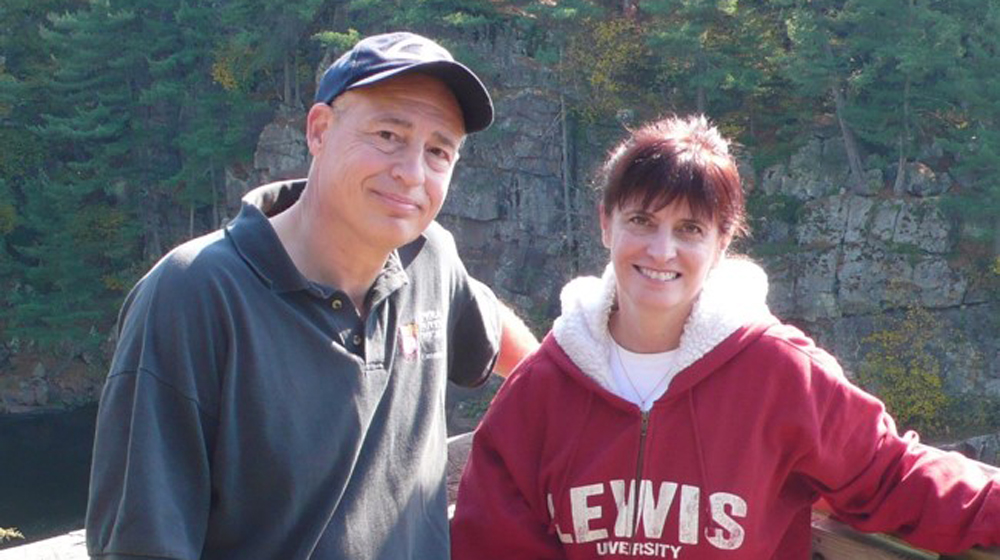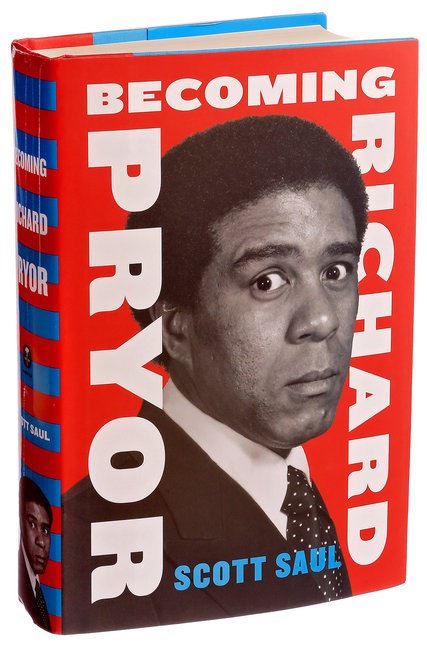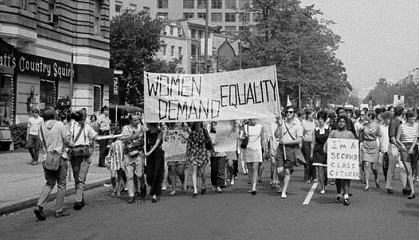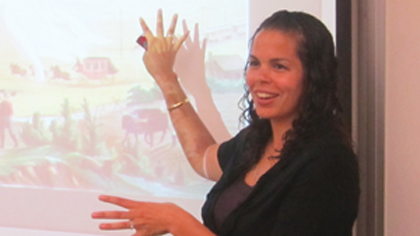archive

"Civil War Chicago: Eyewitness to History" on October 20th
Professor of History Theodore J. Karamanski, PhD and Loyola alumna Eileen M. McMahon, PhD, will discuss their new book on the Civil War’s transformative role in Chicago's development.

Richard Pryor Biographer to Speak at Loyola
Scott Saul, the author of Becoming Richard Pryor, will give a public lecture on the comedian entitled "Living with Richard Pryor: A Biographer's Tale" on Friday, April 24 at 3 PM.
Timothy Gilfoyle on "The Changing Forms of History"
Should history be a book discipline? What constitutes "acceptable scholarship" in history? Professor Timothy Gilfoyle considers the rich and diverse forms that historical scholarship take from books, digital media, and public history projects in his article "The Changing Forms of History" in April's edition of Perspectives on History, the AHA newsmagazine.

"The Rise of the Nation-Saint" on November 5th
Prof. Kathleen Sprows Cummings, University of Notre Dame, discusses a pre-circulated paper on the efforts of U.S. Catholics to secure their first canonized saint for the third meeting of the 2015-2016 Ramonat Seminar Series.

Voices of Chicago Women Activists
Celebrate Women's History Month with the Women & Leadership Archives and the Chicago Area Women's History Council. Come hear multimedia excerpts of oral histories by Columbia College honors students featuring Chicago women activists and leaders. The event will be held on Sunday, March 16th from 2:00pm-5:00pm on the 1st floor of Piper Hall.

What was Chrysler Village and how did it get its name?
Public History graduate students know and shared their work on a historic nomination for the neighborhood with Ask Geoffrey on WTTW the other night.
LEARN MORE
Closing the Gap
Sarah Doherty (PhD '12) reflects on the importance of the Preparing Future Faculty Program in equipping her, and other minority doctoral students, with the skills necessary for a career in academia.
LEARN MOREHistory Students to Present at Student Forum on Eastern Europe
On April 8, history majors Joseph Karamanski, James Naughton, Mathew Obarski, Melanie Zagorski and history minor Dominic Van Dyke will presented their research on Eastern Europe at the Polish Studies Program's Seventh Annual Forum for Undergraduate Students. The history department's Professor Marek Suszko provided the opening remarks for this year's forum, "East-Central Europe between East and West: Realism and Fantasy”.
The departments students performed well at the forum. James Naughton was the first place prize for his paper Concentrated Time: The Antecedents, Implementations, and Reflections on Time in 20th Century Concentration Camps, which he wrote under the supervision of Professor Aidan Forth.
Joseph Karamanski's Soviet Amnesia: Selective Memory in Contemporary Eastern Europe and Dominic Van Dyke's Russian Military Policy in Eastern Europe: Connecting the Past to the Present both received the second place prize.
Melanie Zagorski's The "National Question" and the Marxist Answer: Luxemburg, Bauer, and Lenin on National Self-Determination received the honorary mention.
Congratulations to all!
